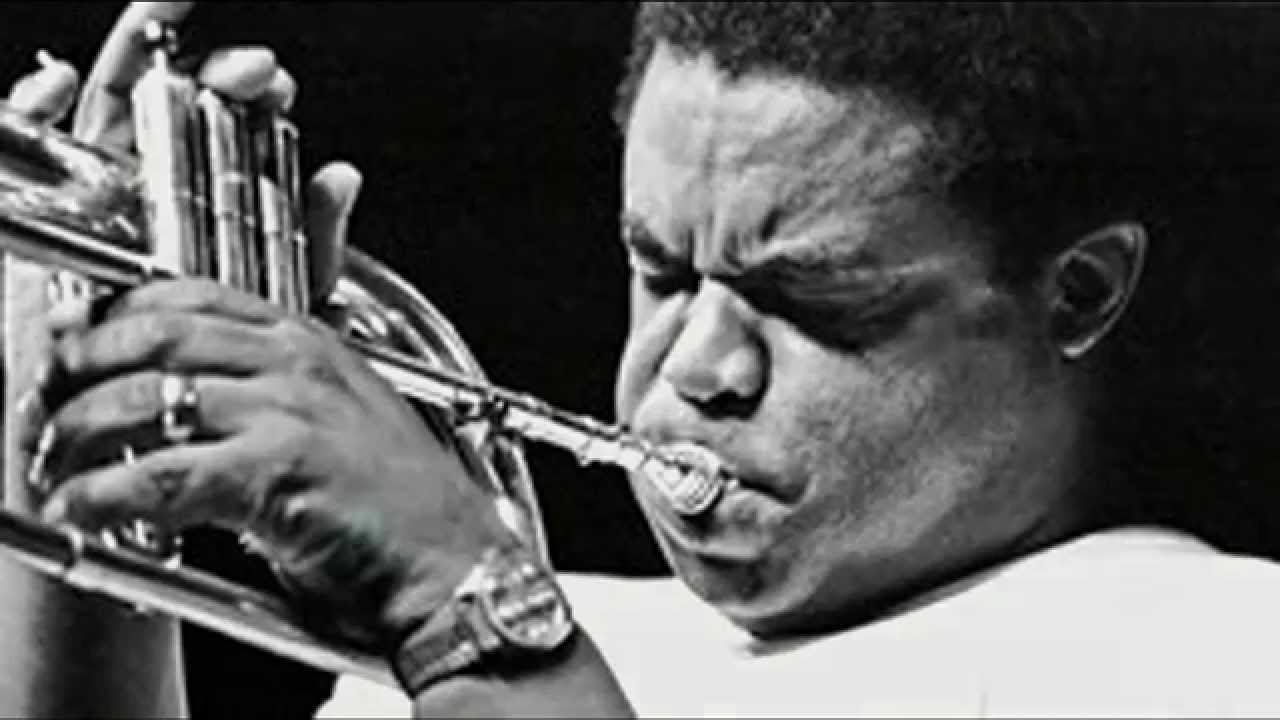Freddie Hubbard


Freddie Hubbard (April 7, 1938 – December 29, 2008) was an American jazz trumpeter whose brilliant technique, fiery style, and innovative contributions to jazz made him one of the most celebrated musicians of his generation. Born in Indianapolis, Indiana, Hubbard displayed a prodigious talent for music from a young age. He studied at Arsenal Technical High School and later at the Jordan Conservatory of Music, where he honed his skills on the trumpet and developed a strong foundation in classical and jazz music. His early influences included Clifford Brown, Miles Davis, and Dizzy Gillespie, all of whom inspired his energetic yet sophisticated approach.
Hubbard's career began to take shape in the late 1950s when he moved to New York City, a mecca for jazz innovation. He quickly established himself as one of the most promising young trumpeters on the scene, joining the ranks of Art Blakey's Jazz Messengers in 1961. As a member of the Messengers, Hubbard became a key figure in the hard bop movement, contributing to recordings such as *Mosaic* and *Free for All*, which showcased his technical brilliance and ability to blend fiery solos with intricate ensemble playing.
In addition to his work with Blakey, Hubbard collaborated with some of the most influential artists of his time, including John Coltrane, Eric Dolphy, Ornette Coleman, Herbie Hancock, and Wayne Shorter. He was a key contributor to seminal recordings like Coltrane's *Ascension*, Shorter's *Speak No Evil*, and Hancock's *Maiden Voyage*. These collaborations highlighted his versatility and willingness to push the boundaries of jazz, exploring modal, avant-garde, and fusion styles.
Hubbard’s solo career took off with his debut album, *Open Sesame* (1960), which was followed by a string of highly acclaimed Blue Note recordings, including *Hub-Tones* (1962) and *Breaking Point!* (1964). These albums solidified his reputation as a groundbreaking artist capable of blending technical mastery with emotional depth. His playing was characterized by a powerful tone, precise articulation, and an uncanny ability to navigate complex harmonic landscapes.
In the late 1960s and early 1970s, Hubbard embraced the burgeoning jazz fusion movement, experimenting with electric instruments and funk influences. Albums like *Red Clay* (1970) and *Straight Life* (1970) demonstrated his ability to adapt to changing musical trends while maintaining his distinctive voice. His 1971 album *First Light* won a Grammy Award for Best Jazz Performance by a Group, further cementing his status as a jazz icon.
Despite his immense success, Hubbard faced challenges later in his career. In the 1980s, he suffered a lip injury that temporarily hindered his ability to play at his peak. Nevertheless, he remained active in the jazz world, mentoring younger musicians and performing regularly. His later recordings, such as *MMTC: Monk, Miles, Trane & Cannon* (1995), reflected his enduring passion for the music that had shaped his life.
Freddie Hubbard passed away on December 29, 2008, leaving behind a legacy of innovation and excellence. His contributions to jazz continue to inspire musicians and audiences worldwide. Whether through his blistering solos, lyrical ballads, or groundbreaking ensemble work, Hubbard’s music remains a testament to his unparalleled artistry and dedication to the craft.
Notable Recordings